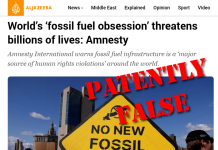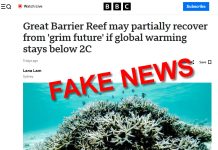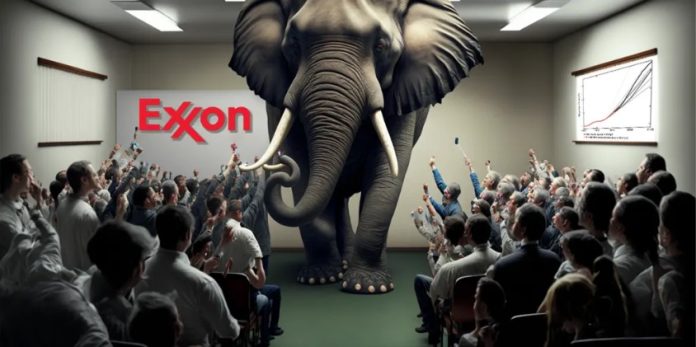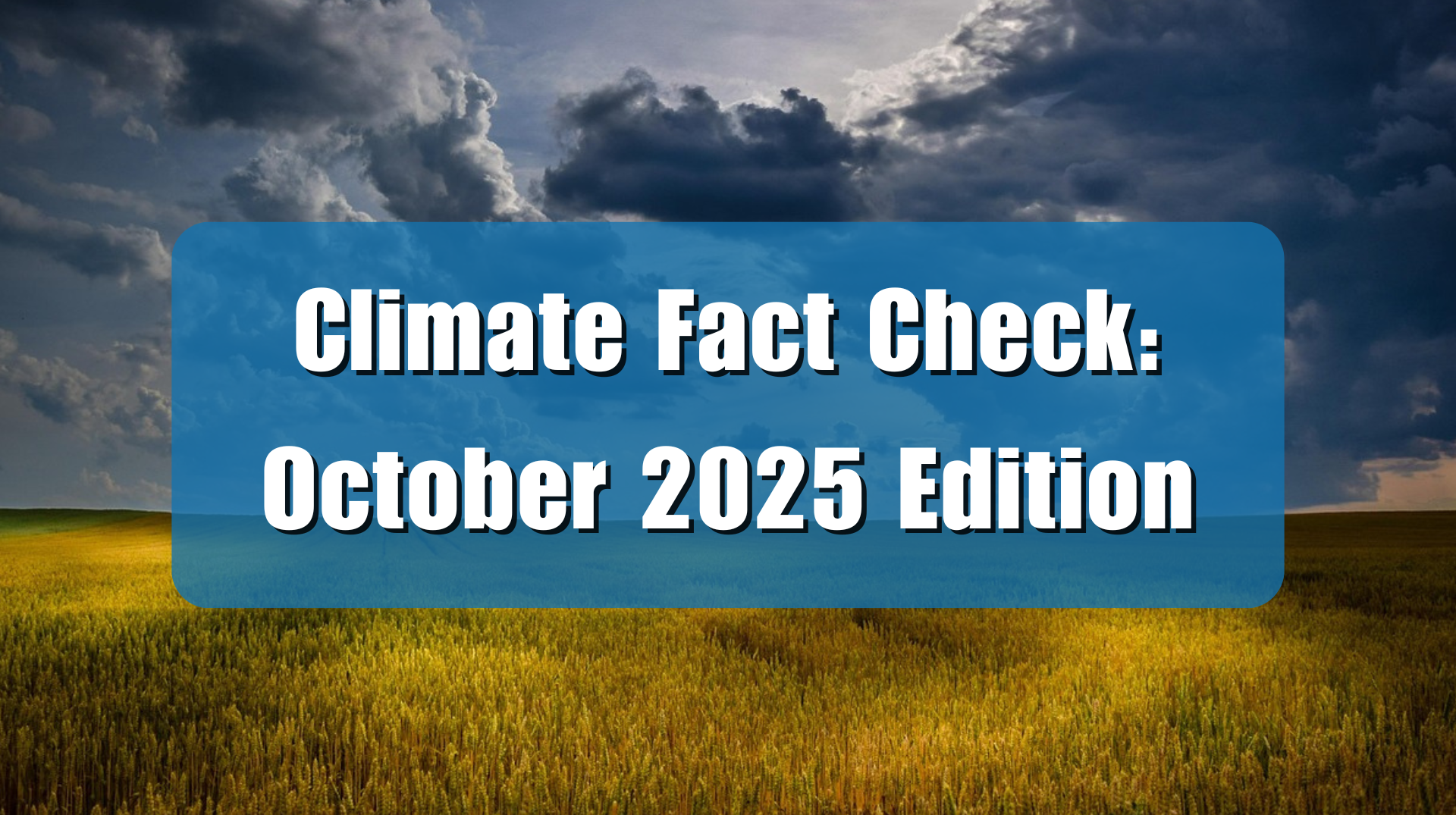Editor’s Note: Scripps News and MSN reported on Puerto Rico’s recent filing of a lawsuit against big oil companies, “claiming their products caused climate damage … [and that] Exxon Mobil, BP, Chevron, Shell and other big oil companies knew their products would pollute the island and negatively impact the climate, but did not tell consumers.”
This lawsuit is one more baseless broadside intended by the government to fund its operations on the back of a deep pocket industry. Puerto Rico, like the dozens of other cities and states that have filed climate change lawsuits against big oil, ignore the fact that their residents and the governments themselves have benefitted from and still use and benefit from oil and gas use for transportation and thousands of products in daily use.
In addition, ExxonMobil and the other oil companies being sued cannot have known what is still in dispute: the extent to which human greenhouse gas emissions are playing in ongoing climate change, and whether such emissions are causing any harm (see Climate Realism’s hundreds of posts refuting this claim), or are possibly a net benefit. As discussed in the post below and numerous others that can be found the fact that some scientists working at Exxon believed decades ago based on the outputs of nascent, untested, computer models that CO2 emissions from energy use might result in some warming, does not count as knowledge, it was speculation then about matters still being debated today. Multiple courts have previously dismissed similar lawsuits, and the Harvard study most of them reference has been debunked. The guest post below specifically addresses the claim that Exxon (among other oil companies) knew they were causing dangerous climate change and hid it from the public they were obligated to inform. In fact, as it explains, the company knew nothing, so there was nothing to disclose.
By Randal Utech — September 19, 2024
“The contrived sense of accomplishment in history matching is spurious correlation for an infinitesimally small period of time. Using Exxon’s internal analysis of CO2 climate forcing is little more than a propaganda tool.”
“Exxon Knew” is a political-lawyer campaign focusing on certain internal company documents to make a case that the oil major knew that carbon dioxide (CO2) emissions were a future threat to human betterment.
Smoking gun? Hardly.
A half century later, the IPCC is still trying to update and figure out physical climate science. Exxon did not do a study on the benefits of CO2 or the offset of sulfur dioxide emissions. The concern way back then was Global Cooling, Peak Oil, and Peak Gas. And as the company knew, fossil fuels had no viable substitute, as in wind and solar.
This historical correction has been documented in many posts here at MasterResource, including:
Big Oil, Exxon Not Guilty as Charged: Six-part Rebuttal (September 22, 2022)
‘ExxonKnew’: More Correction (September 18, 2023)
Shell Knew? No (July 19, 2023)
Climate Alarmist as ExxonMobil Whistleblower (March 27, 2024)
In Search of the “Greenhouse Signal” in the 1990s (June 21, 2023)
Unsettled Science, IPCC-style (February 18, 2020)
It became my turn when I encountered this argument by Mark Burger on social media, He stated:
As opposed to fossil fuel industries war on hiding their impacts for decades? One example: “Exxon scientists predicted global warming with ‘shocking skill and accuracy,’ Harvard researchers say“
My Rebuttal
To which I respond (expanded from my reply on social media):
To say that Exxon knew the truth back in the early 80s is a laughable fallacy. Effectively they built a primitive model that is characteristically similar to the erroneous modern climate models of today.
Fundamentally their work is based on the poorly understood climate sensitivity (ECS) derived from radiative convective models and GCM models. To their credit, they actually acknowledged the high degree of uncertainty in these estimations. Today, even Hausfather (2022 vs 2019) is beginning to understand the climate sensitivity (ECS) is too high. CMIP6 is running still even hotter than CMIP5 and using ECS of 3 to 5° C rather than ~ 1.2° C as highlighted in Nick Lewis’s 2022 study.
CMIP6 should have been better because it incorporated solar particle forcing (Matthes et. al.) and as they incorporate more elements of natural forcing (an active area of research as we still do not have a predictive theory for climate), the effect is highlighting more underlying problems with the models.
However, Exxon investigators fell into the same trap that climate modelers of today where they build the models to history match temperatures and then wow, because they can create a model that appears to history match temperatures, they assume it is telling them something. Truth? Anyone can create a model to do this, but it would never mean the model is correct. While the models today are much more complex, they are based on a complex set of non-linear equations, and the understanding of the various sources of nonlineararity is poor. This opens up wide degrees of uncertainty yet wide opportunity for tuning. Furthermore, natural forcing is undercharacterized and deemed inconsequential.
The contrived sense of accomplishment in history matching is spurious correlation for an infinitesimally small period of time. Using Exxon’s internal analysis of CO2 climate forcing is little more than a propaganda tool. Current climate models, much more sophisticated, face the same problem of unknown, false causality.
————-
Randall Utech, former Advisor Geoscientist at Schlumberger, has researched climate science for nearly 30 years with emphasis on geology, paleoclimate, and the glacial cycles. An interview with him by the American Association of Petroleum Geologists can be found here. Utech is author of On the Benefits of CO2 (April 11, 2023).























